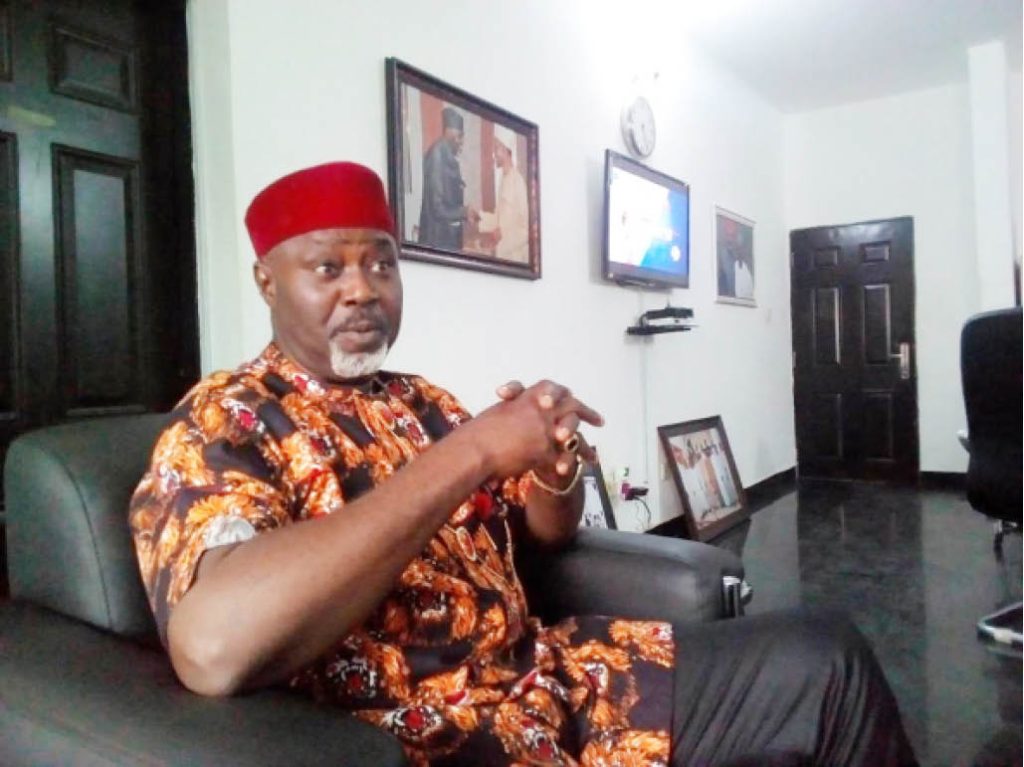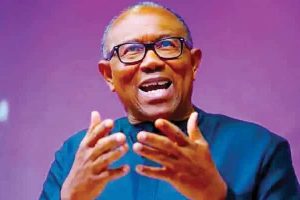
On Friday, April 4, 2025, the Supreme Court delivered a landmark judgment against the Abure-led leadership of the Labour Party, sparking widespread confusion both within and outside the party.
The ruling cast significant doubt on the legitimacy of the party’s primary election scheduled for the following day. At the heart of the controversy was the question of whether a leadership deemed invalid by the court could lawfully preside over such a critical political exercise.
What Did the Supreme Court Decide?
The Supreme Court ruled that the lower courts had erred in affirming Barr. Julius Abure as the Chairman of the Labour Party. It held that the lower courts lacked jurisdiction to entertain the matter and were wrong to have declared Abure the incumbent Chairman. The apex court further stressed the importance of political parties adhering strictly to their internal constitutions, particularly regarding leadership tenure. It also reiterated that party leadership disputes fall within the internal mechanisms of political parties and are not subject to judicial review.
Given the legal implications of the ruling, many expected the Abure-led leadership to postpone the primary election to allow for internal consultations and resolution. However, the faction moved forward with the process as scheduled the next day.
Following the ruling, the party’s two aspirants, Mr. John Nwosu and Dr. George Moghalu, took divergent paths. Mr. Nwosu formally withdrew from the primary, citing the Supreme Court’s verdict and concerns about procedural irregularities, including the alleged failure of the delegates’ congress to meet the Labour Party’s constitutional standards and the Independent National Electoral Commission (INEC) regulations.
Dr. George Moghalu, on the other hand, proceeded as the sole contestant in a now highly contentious primary and was declared the winner. While some view his decision as strategic or politically opportunistic, others question its legality. With the primary held just hours after the Supreme Court’s ruling, concerns have grown over the potential legal vulnerabilities it may expose the party to—vulnerabilities that rival parties might seek to exploit should Moghalu go on to win the general election.
Moreover, with INEC’s continued non-recognition of the Abure-led leadership, the Labour Party risks repeating history. A similar scenario occurred during the 2021 Anambra State governorship election when the Supreme Court nullified the candidacy of Senator Andy Uba of the APC for emerging from what was deemed an illegal primary.
As the November 8 governorship election approaches, all eyes remain on the Labour Party’s leadership and the caretaker committee headed by Senator Nenadi Usman. Their ability to navigate the aftermath of the Supreme Court judgment and address internal divisions may determine the party’s electoral fortunes—and whether George Moghalu proves to be a unifying flagbearer or a costly legal liability.





